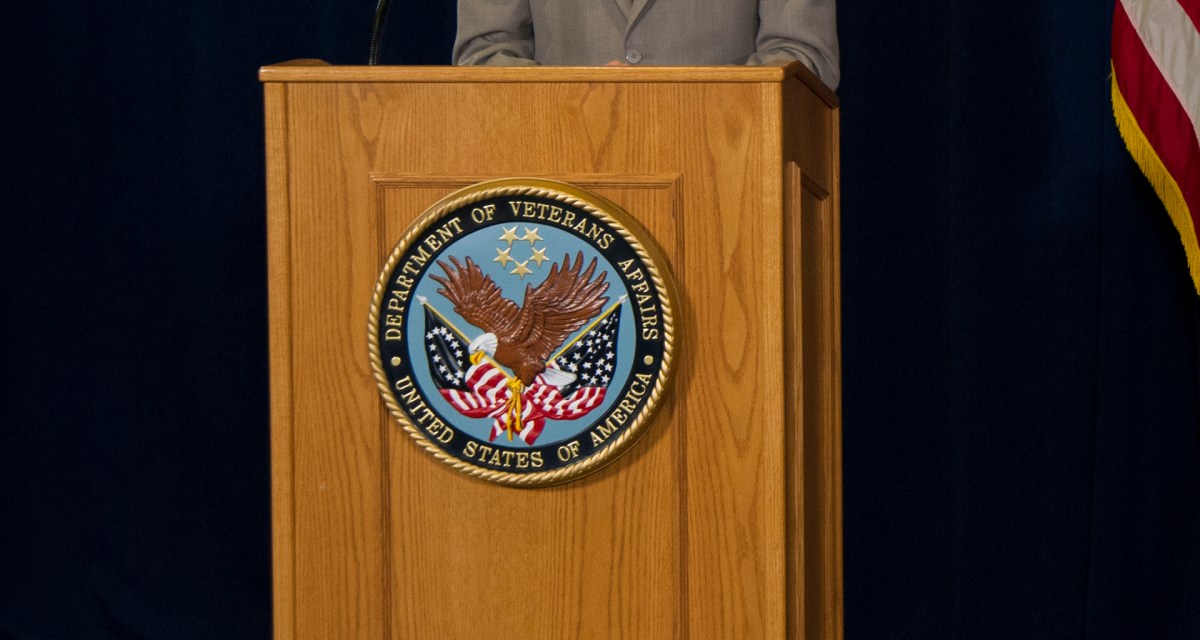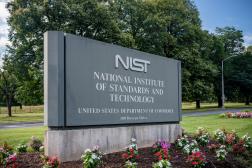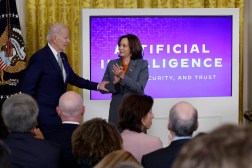VA piloting trustworthy AI checklists for new and existing projects

The Department of Veterans Affairs continues to pilot checklists for ensuring the artificial intelligence it’s using is trustworthy, according to the director of its National AI Institute.
Speaking during the ATARC Health IT Virtual Summit, Gil Alterovitz said a few Presidential Innovation Fellows are assisting NAII staff in developing field survey questions for existing AI projects.
The VA’s work aligns with the National AI Research Resource task force’s recent recommendation that funding and personnel be put toward studying trustworthiness and developing best practices for working responsibly with data and models. Similarly the Pentagon replaced a 3-star governance body with the 4-star Chief Digital and AI Office Governing Council to improve transparency as it accelerates AI efforts.
NAII already created a voluntary checklist, for researchers starting to build AI models, that it’s piloting at different VA medical centers and reflects the nine ethical principles listed in the Trustworthy AI Executive Order issued in December 2020.
“Just having the list itself is educational,” Alterovitz said. “And the results and decisions that were made — in terms of which type of software to use, which approach in terms of the data — were different in the medical center that had that [checklist], compared to one that did not.”
The planning checklist builds on the work of VA’s National Center for Ethics in Health Care and the Food and Drug Administration and helps researchers ensure AI project participants and veterans’ data are secure and training data is free of bias.
Survey questions on the checklist for existing AI projects follow three tracks: research and development, quality improvement, and procurement and contracting.
NAII is looking to expand the latter checklist to more VA medical centers, and a few other agencies have expressed interest in using it, Alterovitz said.
At the same time NAII is developing the checklist, it’s creating an initial AI project inventory to be released in accordance with the executive order in a couple of weeks.
NAII is also running another AI Tech Sprint — which awards cash prizes and carries the potential for contracts — aimed at workforce development. Teams have until August 1 to apply to develop platforms evaluating VA employees’ knowledge base and determining who among them is best suited for AI training.
Such training is increasingly important because the technology is moving away from humans simply telling AI what to do, to that being more of a conversation.
“In the future, we’re going to have more of these human-AI interactions that are two-way,” Alterovitz said. “It’s going to be important to educate our workforce in that area.”






